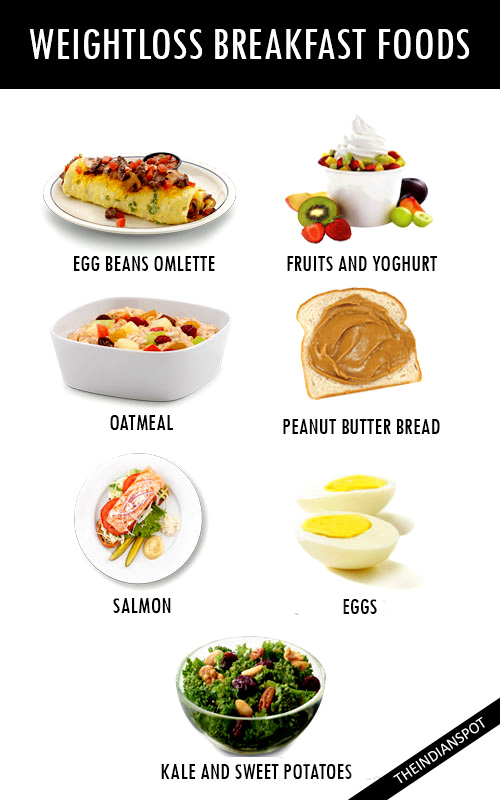Ideal Breakfast Calories For Weight Loss
Thursday, March 7, 2024
Edit

Ideal Breakfast Calories For Weight Loss
The Ideal Amount of Calories for Breakfast
When it comes to weight loss, breakfast is an important meal. Eating breakfast jump-starts your metabolism, providing you with the energy to power through your day. But how many calories should you consume for breakfast?
Calorie needs vary depending on age, gender, size, and activity level. But in general, most adults should aim to consume between 400 and 600 calories for breakfast. This amount will provide you with enough energy to last until lunch, while still allowing you to maintain a calorie deficit.
Calorie-Dense Foods to Avoid
While it is important to get enough calories for breakfast, it is also important to choose the right foods. High-calorie, low-nutrient foods such as doughnuts, pastries, and processed breakfast cereals can easily add hundreds of extra calories to your meal.
These foods are usually high in refined carbohydrates, saturated fats, and added sugars. Eating these foods can cause your blood sugar to spike, leading to an energy crash. It can also lead to weight gain, as the added calories can quickly add up.
Healthier Breakfast Foods
As an alternative to sugary processed foods, opt for nutrient-dense foods. These foods are generally low in calories, but high in vitamins, minerals, and fiber. Examples of nutritious breakfast foods include oatmeal, Greek yogurt, eggs, and fruit.
Oatmeal is an excellent source of fiber and complex carbohydrates. Greek yogurt is packed with protein and probiotics. Eggs provide a good source of protein and healthy fats. And fruit is an excellent source of vitamins and minerals.
Portion Control for Weight Loss
In addition to choosing the right foods, it is also important to practice portion control. If you’re trying to lose weight, you should aim to consume no more than 400 to 600 calories per meal.
For example, if you’re having oatmeal, Greek yogurt, and a piece of fruit, you should aim to keep your portions in check. A single-serving of oatmeal is typically one cup, a single-serving of Greek yogurt is one cup, and a single-serving of fruit is one cup.
Making Adjustments
In some cases, 400 to 600 calories per meal may not be enough for you. If this is the case, there are a few options. You can increase the portion size of your meals, focus on nutrient-dense foods that are higher in calories, or add a healthy snack in between meals.
For example, you can add a small handful of nuts to your breakfast for an extra dose of protein and healthy fats. Or you can add a tablespoon of peanut butter to your oatmeal for some added calories and flavor.
Sticking With It
Weight loss is a journey, and it’s important to have realistic expectations. Eating breakfast can help you maintain a healthy weight, but it won’t happen overnight.
It is important to focus on making small, sustainable changes over time. Gradually increase your activity level, make healthier food choices, and adjust your portions as needed. This will help you create healthy habits that you can sustain over the long-term.
Eating breakfast is an important part of any healthy lifestyle. Aim to consume between 400 and 600 calories for breakfast, and focus on nutrient-dense foods such as oatmeal, Greek yogurt, eggs, and fruit. This will provide you with enough energy to power through your day, while still allowing you to maintain a calorie deficit and reach your weight loss goals.
Breakfast Ideas 350 Calories Or Less food breakfast recipes healthy

WEIGHTLOSS FOODS FOR BREAKFAST - THE INDIAN SPOT

Healthy Breakfast Ideas via How I Waste Time | Healthy breakfast menu

8 Breakfast Recipes For Weight Loss | RunnerGuru

7 High Protein Breakfast For Weight Loss - Motivated to LOSE Weight

Weight Loss Breakfast Under 300 Calories - WEIGHTLOL

9 Healthy Breakfast Ideas for Weight Loss Success | Self Rooted World

Yummy Weight Loss Breakfast | BMI Formula

Pin on Weight loss tips

25 High Protein Breakfast Ideas for Weight Loss - TIMESHOOD
